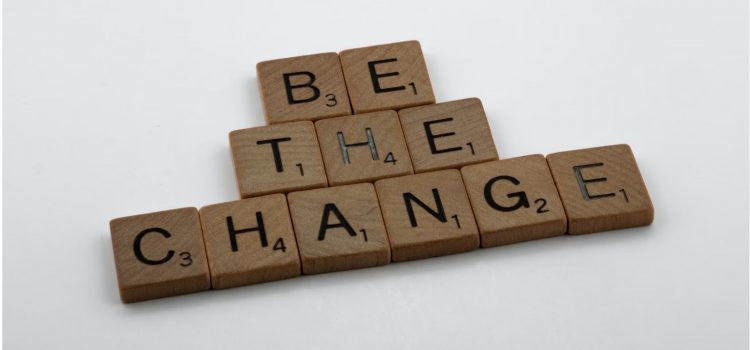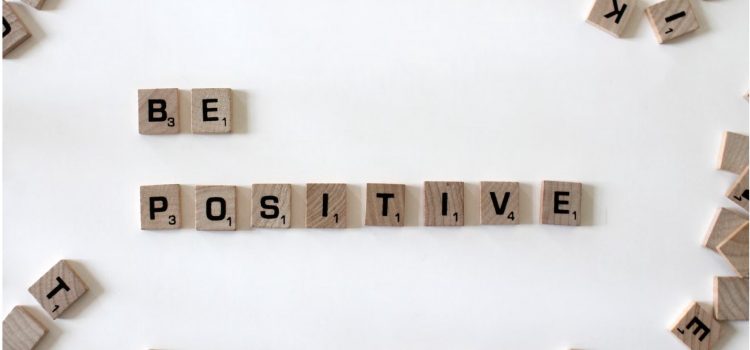What is personal inspiration? How does personal inspiration help adopt a critical practice? In the book Influencer, the authors claim that adopting critical practices is crucial for making a positive change in your life. The first step is using personal inspiration to persuade yourself and other people that it’s worth it. Read below for different ways to take advantage of personal inspiration.
How to Use Personal Inspiration to Make a Change










